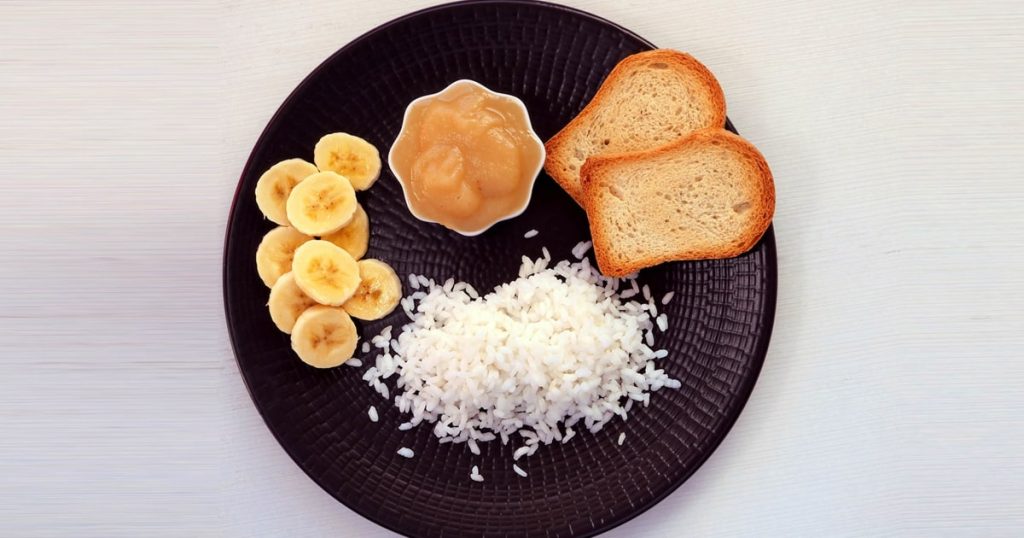If you are experiencing stomach issues such as nausea, diarrhea, or recovering from the stomach flu, it can be challenging to know what to eat. The BRAT diet, which stands for bananas, rice, applesauce, and toast, was once a popular recommendation for people recovering from a stomach virus. However, recent research suggests that this diet may not provide enough nutrients for proper healing of the gut. Experts are now debating the effectiveness of the BRAT diet and whether it should be followed.
While the BRAT diet may have limited effectiveness in reducing diarrhea symptoms, it is considered unnecessarily restrictive and lacks vital nutrients needed for a speedy recovery. The American Academy of Pediatrics does not recommend the BRAT diet, instead suggesting a more balanced approach that includes a variety of foods to ensure proper nutrition. It has been shown that resuming a regular diet can actually reduce the duration of diarrhea, as clear liquids alone may prolong it. Hydration and gradually returning to a normal diet are typically advised for treating stomach issues.
The current medical opinion has shifted away from recommending the BRAT diet in most cases. However, it can still be useful for some patients, particularly those who find it convenient as the foods are easily accessible and require minimal preparation. The diet can be followed when experiencing symptoms such as nausea, vomiting, and diarrhea, but should only be used in the short term and accompanied by adequate hydration and electrolytes. It is advisable to consult a healthcare provider before following the BRAT diet, especially if symptoms persist or worsen.
There are instances when it is not recommended to follow the BRAT diet, such as when symptoms have resolved or if the diet starts to have adverse effects. The BRAT diet should be avoided for managing certain gastrointestinal conditions like irritable bowel syndrome, acid reflux, diverticulosis, and celiac disease. For alternative diets that can help with common stomach conditions, experts recommend a low-lactose diet for lactose intolerance, a low FODMAP diet for irritable bowel syndrome, and high-fiber diets for diverticulosis. Specific dietary considerations may be needed for conditions like acid reflux and gastritis.
When following the BRAT diet, it is important to remember that it consists of bananas, rice, applesauce, and toast. However, it is not necessary to limit yourself to these four foods alone when dealing with an upset stomach. Other low-fiber, easily digestible foods like clear broths, plain crackers, and boiled potatoes can also be included in the diet. Focus on replacing lost fluids and electrolytes to prevent dehydration, especially if the stomach issues are temporary.
It is crucial to identify the cause of stomach issues before choosing appropriate foods to eat. Clear liquids such as water, apple juice, tea, and popsicles are recommended when experiencing diarrhea, nausea, and vomiting. Bland, soft, low-fiber foods like crackers, oatmeal, rice, plain pasta, and boiled potatoes can be consumed when tolerated. Avoiding uncooked, sugary, high-fat, and caffeinated foods, as well as alcohol, spicy foods, dairy products, and raw fruits and vegetables, is advised. If symptoms of vomiting and diarrhea persist for more than two days in adults or 24 hours in kids, it is essential to seek medical attention.


